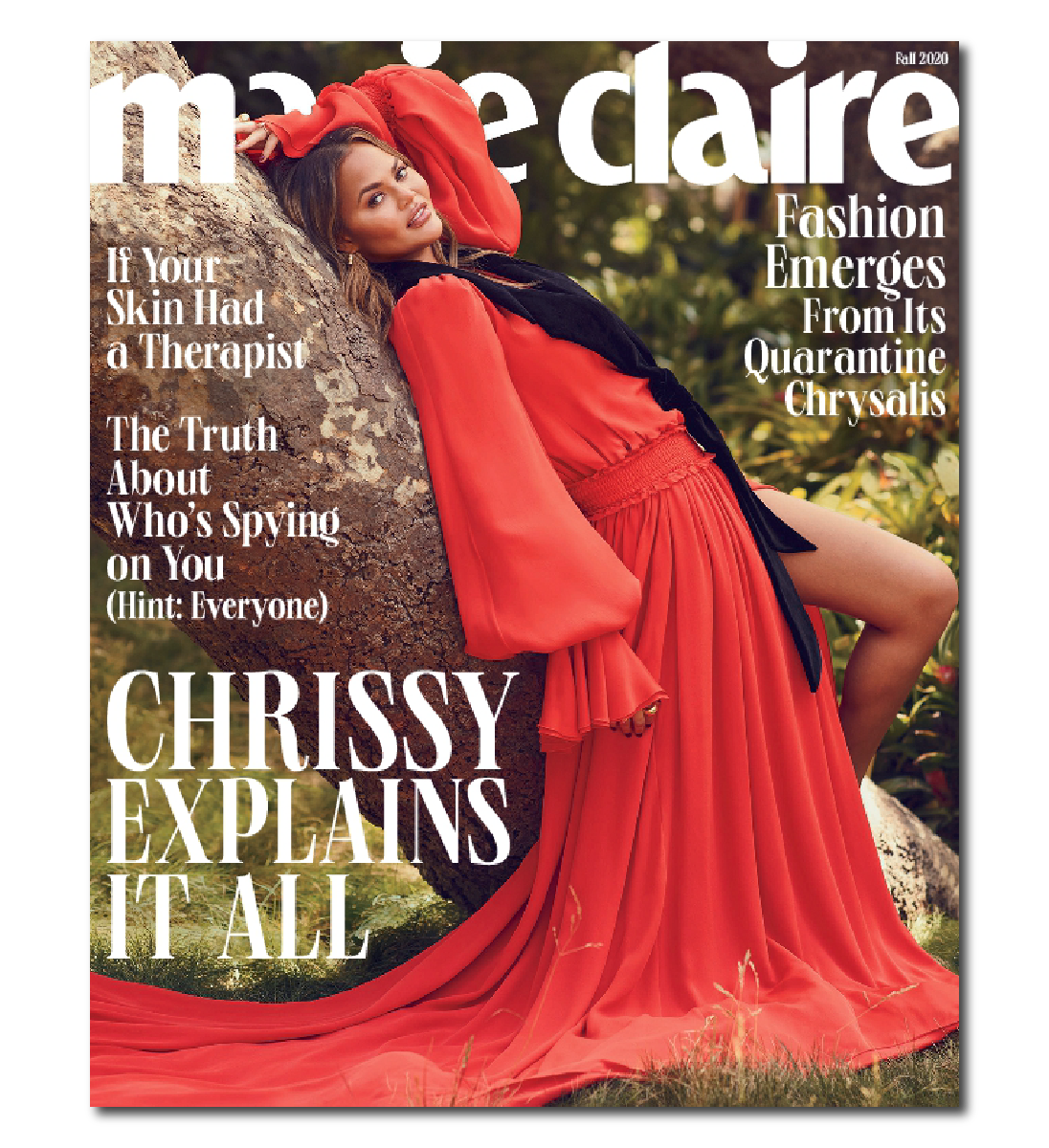10 Questions to Ask During a Job Interview
Sorry, "what does a typical day look like" isn't going to cut it.


It comes at the end of every job interview: "So, do you have any questions for us?" Beware the fatal error of passing on this opportunity. Interviewers want to hear that you're thoughtfully curious about the company's growth and what role you'd play in it. Use questions to not only flex your research into the company, but more importantly to gain valuable insights about the role you're applying for. We asked LinkedIn Career Expert Blair Heitmann what are the most effective questions to ask during an interview—and to share why they work.
What are the company's main goals and how does your team’s strategy map back to the broader approach?
"Understanding the company’s goals and strategies is incredibly important in understanding the impact that your role can make. I would expect the hiring manager to be focused on moving the needles for their business and it’s important to understand how the role fits into that strategy, and what the expectations are. It is also a good temperature read for you on how strategic the team is and whether you are interested in the goals and the mission. Remember you are interviewing them just as much as they are interviewing you!"
What are the company’s core values and how does your team strategy ensure you abide by those?
"Before your interview, research the company to see what they’re “in it” for, which will help ensure your values are aligned with the company’s views. Spend some time perusing the LinkedIn company page and check out recent news and stories around the company. If philanthropy is important to you, look into the charitable components of the company to see where, and how, they give back."
How has the team and the company dealt with navigating COVID19?
"This has been a challenging time for most workforces and companies. This question gives you insight into a few things: 1, How the company deals with pivots and unforeseen events, 2, the level of support that the company provides its employees, and 3, what the landscape and scenario is that you’d be walking into."
Can you describe your team and company culture and company retention?
"This question will provide you with insight into the day-to-day life of the job and the team. It also is a good indication on whether people stick around. If a company tends to have strong employee retention, it’s typically because people are invested in their work and they feel rewarded for it."
Can you elaborate on the day-to-day responsibilities?
"It’s important to have a clear understanding of what will be expected of you on a daily basis in any new position so you’re set up for success to deliver on (or exceed) expectations from day one. Since remote work has many people feeling tethered to their to-dos beyond the 9-5 schedule, be sure to get a clear understanding of the job and expectations of employee availability to make sure you’re comfortable with what they need."
What skills are you looking for in this role? And is there a gap in specific skills that you are seeing across your team?
"Hard skills such as coding or building spreadsheets are certainly critical to success and often more obvious when thinking about a role, but soft skills, like creativity, are equally important and can make a candidate really stand out in an interview and in the first few months in the new role. If a potential manager can clearly define what skills, hard and soft, are needed for the role, it’s a good sign they’ve thought through exactly what their team needs. Plus, if you find you need a little brushing up on any of the required skills, you can take the initiative and request extra training with your company, or on your own via LinkedIn Learning."
Get exclusive access to fashion and beauty trends, hot-off-the-press celebrity news, and more.
How does your team measure success?
"Understanding how the team’s strategy fits into the bigger picture of the company is important in understanding how you, as a possible employee, can be instrumental to the success of the team. You can always ask the recruiter about how they measure employee success overall for the role, but I’d focus your conversation with a potential manager on the bigger picture."
What is your company’s approach to career progression and mentorship?
"This question will provide you with a clear picture of how the company invests in its employees and where this role fits into the larger picture of the organization. Additionally, having a clear understanding of your path forward will help you stay motivated and enable you to track your progress towards each milestone."
What are some of the challenges you’ve seen people in this role encounter previously?
"A potential manager may already have some key learnings to share about what will make a candidate successful in this role based on the trial and error of a previous employee. Gaining this insight will give you a better understanding of the challenges that lie ahead and if you’re prepared to take them on."
What is the company doing to address diversity and inclusion?
"Asking how they are approaching this effort as an organization will give you a picture of their long-term commitment and level of focus on such an important area and whether this approach aligns with your core values."
Megan DiTrolio is the editor of features and special projects at Marie Claire, where she oversees all career coverage and writes and edits stories on women’s issues, politics, cultural trends, and more. In addition to editing feature stories, she programs Marie Claire’s annual Power Trip conference and Marie Claire’s Getting Down To Business Instagram Live franchise.

